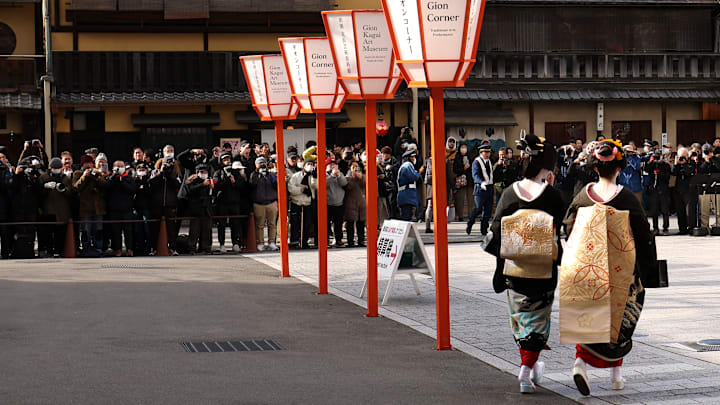Traveling to a new country is an exciting adventure, but it also comes with responsibilities. Every culture has its own customs, traditions, and unspoken rules that visitors should respect. A simple mistake can sometimes be seen as rude or offensive, even if unintentional. To help you blend in and make a positive impact wherever you go, here’s what NOT to do as a tourist.
Disregarding local customs

One of the quickest ways to stand out in a bad way is by ignoring local etiquette. In some cultures, a simple gesture—like pointing with your finger, touching someone’s head, or refusing food—can be considered offensive. Before you arrive at your destination, take time to research basic customs. For example, in Japan, it’s impolite to talk loudly on public transportation. And in many Middle Eastern countries, using your left hand for eating is frowned upon.
Dressing inappropriately
What’s acceptable in one country may not be in another. In many religious or conservative regions, wearing revealing clothing can be seen as disrespectful. Always check what’s appropriate for the place you’re visiting. If you’re unsure, dressing modestly—covering shoulders and knees—is a safe choice. Carrying a scarf or shawl can also be useful for covering up when visiting religious sites.
Being loud and disruptive

While you might be excited to explore a new place, being overly loud or disruptive can be seen as inconsiderate. Many cultures value quiet and reserved behavior, especially in sacred spaces, public transport, and restaurants. Shouting, blasting music, or talking loudly in areas where locals are going about their daily lives can make you stand out in an unpleasant way.
Ignoring dining etiquette
Food is a huge part of culture, and how you eat can matter just as much as what you eat. In some countries, slurping noodles is a sign of appreciation while it’s considered impolite in others. Tipping customs also vary—while tipping is expected in the United States, it can be seen as unnecessary or even rude in places like Japan. When dining abroad, pay attention to how locals behave and follow their lead.
Disrespecting sacred places

Religious sites, temples, and historic landmarks should always be treated with respect. Taking selfies in front of altars, climbing on ancient ruins, or being disruptive in a place of worship can be offensive. Always follow posted rules, remove shoes when required, and ask before taking photos. If you see locals behaving a certain way, it’s best to follow suit.
Assuming everyone speaks your language
While English is widely spoken in many tourist areas, assuming that everyone understands you can come across as entitled. Making an effort to learn a few basic phrases in the local language—like “hello,” “thank you,” and “excuse me”—shows respect and can make interactions smoother.

Being a respectful traveler isn’t just about avoiding embarrassment—it’s about appreciating and valuing the cultures you visit. By being mindful of local customs, dressing appropriately, and respecting traditions, you’ll leave a positive impression and enjoy a more meaningful travel experience. After all, the best travelers aren’t just visitors—they’re thoughtful guests.
